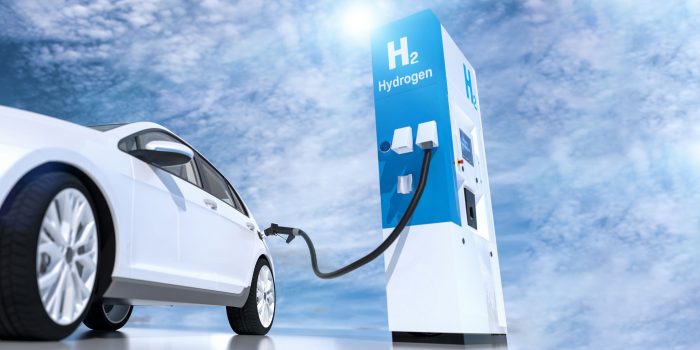Many consider it to be the clean energy of the future. In the United States, billions of dollars have been set aside from the bipartisan infrastructure bill to fund it.
Late last month, a prominent climate scientist wrote an op-ed in the New York Times declaring that hydrogen-powered automobiles are a lousy idea — and a terrible approach to solve the climate crisis.
Anthony Patt is a professor at the Swiss Federal Institute of Technology’s department of environmental systems science in Zurich, Switzerland (ETH Zurich). He opined on the institute’s website that fossil fuels used in heating and ground transportation should be replaced with renewable electricity — not hydrogen power, as he made very clear.

Patt’s argument is that hydrogen is an energy transporter rather than a source of energy, and that it can be made in three ways. Gray hydrogen, the most prevalent type, emits carbon dioxide and methane, which is the polar opposite of environmentally favorable. Natural gas is used to make blue hydrogen, which is a poor long-term option. Green hydrogen doesn’t cause emissions directly, but it does require electricity to produce, therefore in Patt’s opinion, we should utilize renewable electricity directly.

According to Patt, the EU’s hydrogen policy anticipates hydrogen as a vital energy carrier for ground transportation and heating, with billions of euros set aside for infrastructure and planning. He attributes this degree of passion to — wait for it — the fossil fuel business.
Earlier, in August, according to a story in The New York Times, the climate consequences of hydrogen, the universe’s most abundant component, and its significance in reducing greenhouse gas emissions – which are the primary cause of catastrophic global warming- was highly doubtful.
The majority of hydrogen used today is derived from natural gas, a process that consumes a lot of energy and produces a lot of CO2. Methane, a particularly potent greenhouse gas, is released during the production of natural gas.
Even though the natural gas industry has proposed absorbing that carbon dioxide and turning it into “blue” hydrogen, that fuel still emits more across its whole supply chain than simply burning natural gas.


